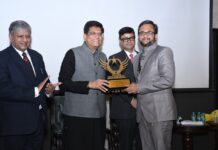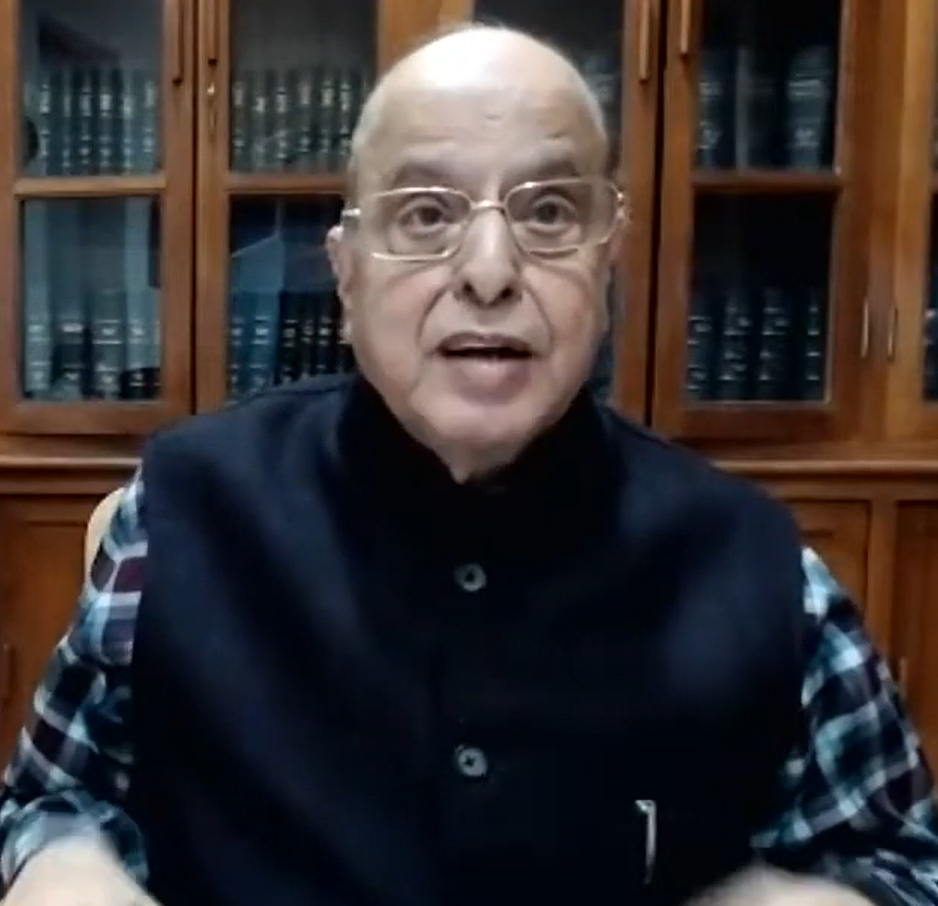Niru Agarwal, Trustee, Greenwood High International School
The debate on whether a person is born with talent or has acquired it has a long history. The truth however is talent goes beyond genetic make-up. This is proven when you see artists, musicians or writers and leaf through their histories. Their achievements are all because of their hard work over years. Some would argue that personalities are great even without practice and that it’s all because of talent. But everyone has a talent or gift that shows up at some point in life and honing that would make them complete achievers. If discovered early, children can shape their talent over the course of their life and become professionals or experts in a particular field. Apart from parents, children interact with teachers in school. Hence, teachers are trained to notice and help children grow their talent so they can reach their full potential. Skills are not confined to academics alone and a student can be well versed in arts, sports, music, and much more. So, there is need to nurture the natural talent of the children over time. How can this be done?
Don’t put pressure on children
As a parent, you wish your child has a unique talent. If the child has not shown enhanced interest in a particular area, you may yourself help them find out and put them on a timetable of extracurricular activities. The children are occupied every day of the week after school and participate in extra classes during holidays. This might not yield results and may end up being stressful to the child. It is important to let the child be and you will see that the child’s talent will show up quickly enough. Children are different and some realize their talents earlier than others. This doesn’t mean that your child is slow. Instead, encourage them in what they prefer to do and don’t pressure them that they should become the best like others.
Structuring learning activities is vital
Parents appreciate holistic approach of education in schools in the present era. Educators now put plenty of effort into early childhood education because those are the most critical years of a child’s life. Today, early childhood education is designed to grow every aspect of the child, not only intellectual or academics. Teachers observe students’ interest and help them pursue it using more complex learning materials in the same subject, which are age-appropriate. There need not be any anxiety about children being pushed into domains they are not ready for.
It is important to set learning goals
Goals always help focus on a task you are performing and you feel encouraged when you set a goal and achieve it. It is important for both teachers and parents to help children set learning goals in tune with their talents. Once a goal is set, the next one set will be higher. This enables children to enhance their knowledge, expand their network, practice more and do the right things to achieve their goals. As a parent or teacher, it is good that you help children to be realistic as they should not achieve big things too soon. This can lead to burning out and increased stress levels, which impacts their mental and physical health.
Appreciate children and hone their talent
Appreciation is crucial to build a student’s confidence in whatever they do well. Excessive praise can be harmful, but it can help children in shaping their abilities. When children feel capable, they can challenge themselves to push harder and grow their skills in a particular area. When praising a child, whether a parent or as a teacher, it is good to mention what the child is doing right. If a child is talented in music, enable your child to strike the right chords. Compliment them on their hard-work and let them know the areas they should improve in.
Enable children to find the right resources and inputs
There is a process of achieving every set goal. A student might need access to some resources that he/she can’t get, but others can. Children should be on the lookout for the best programs, those that can help students grow their talent. If there are competitions, local or international that can help put your child on the national and global map and get attention from other educational institutions, go ahead with the plan. Help them where possible to achieve their goals and grow their talent.
In conclusion, it can be said that teachers and parents both should collaborate to bring the best out of children. They have to take up responsibility to work together and realize a child’s talents. It’s quite possible that a teacher may notice an aspect in a child that the parent may not. In such a case, co-ordination between the two would prove useful. Children will do their best when the environment in which they perform an activity is conducive and positive.
Niru Agarwal, Trustee, Greenwood High International School






























